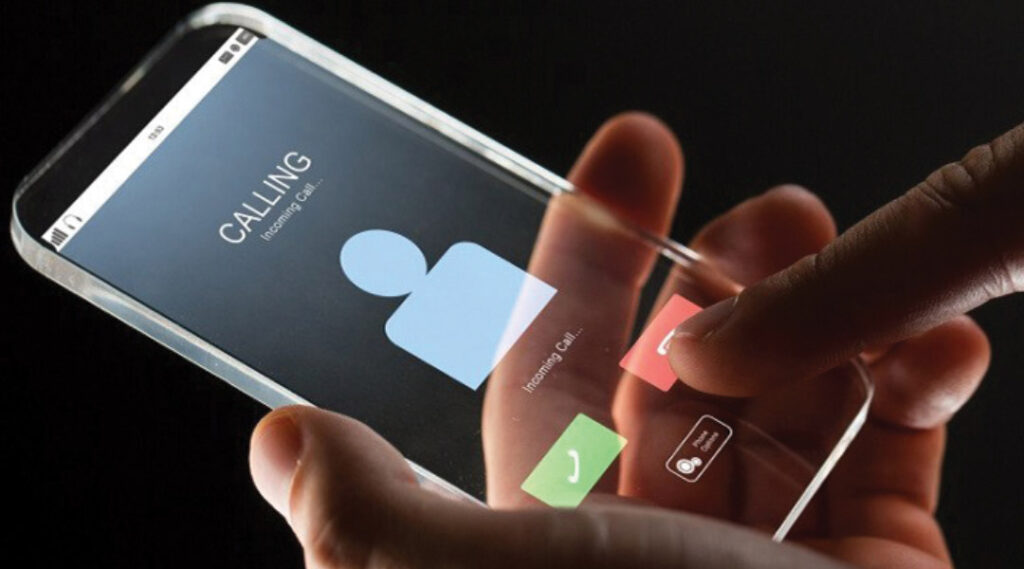What is Voice Phishing? Detect & Protect Against Voice Phishing Attack

Over the years, technology has changed the world! No doubt it made our lives easier, faster and better. From ordering food to transferring money, technology made everything possible. Almost each field and every necessity have its own digital platform today.
But as it is said, every coin has two sides, similarly, the more we enhanced technology, higher the number of risks we created.
For example, let’s consider the cashless economy. Digitalization made cash withdrawal possible at anywhere, anytime. But it simultaneously increased the number of potential risks!
According to Reserve Bank of India (RBI) data, from April 2017 to December 2017, total number of fraud cases registered, related to credit cards, debit cards and internet banking were 23,865! Quite a huge number for the span of few months, isn’t it?
With improved technology, identity thieves have updated themselves as well. With certain smart techniques, they successfully compromise your identity. One such smart trick played by them, these days is ‘vishing’. The term ‘vishing’ stands for ‘voice phishing’. It is an act of using telephonic communication to manipulate the victim in order to steal his sensitive personal data.
In this case, fraudsters make a phone call and pretend to be bank representatives. They give enough persuadable reasons for calling, that it instills a fear in the mind of a victim. These thieves have adopted the technique of being professional so well, that the victim usually surrenders his confidential details without checking its authenticity.
One such case happened in Gurugram; in 2017 could be an eye opener for us. A woman from Gurugram received a call from ‘SBI Branch Manager’ claiming that her ATM card had been blocked. To unblock the card again, he asked for her ATM PIN and OTP number which she received after revealing her card details. She did not suspect his motive as the accused called her up after few minutes and informed that her card has been unblocked. She realized that she’s been cheated when she visited her bank after few days of this incident and got to know about the transaction where Rs. 1 lakh was fraudulently withdrawn from her account!
This is not the sole incident. There is a constant growth in the incidents of fraudulent bank calls. But with little precaution and few tricks you can equally play smart with these fraudsters.
Know what confidential pieces of your information can benefit a fraudster.
Remember, the smallest piece of your personal data can be misused. But your certain credentials can make even easier for a fraudster. Never reveal below details to anyone,
• Aadhaar number
• PAN number
• Debit or Credit card number
• Bank account number
• CVV number (Card Verification Value, 3-digit numerical code, printed on the signature panel on the back of the card)
• ATM PIN
• OTP
• Login ID and password of internet banking account
These credentials are strictly confidential and should not be shared with anyone, not even with bank employees. If at all you receive a phone call or SMS claiming to be from bank and requesting for any kind of information, keep below things in mind,
Banks do not call personally to any customer. The very first thing to be noted is, neither banks nor any of their employees or representatives call their customers and ask for any financial or banking details. If you receive such call, be alert!
Ask probing questions. If you receive a call which sounds genuine and you see no harm in disclosing your confidential details, but your instincts are pulling you back, just stop! Ask probing questions to caller to verify the authenticity. Say, you receive a call and caller says ‘I am calling from your bank and your account is deactivated’, ask him ‘Which bank and branch are you calling from?’
Remember, swindlers do not have accurate information! And that is the only motive they have, ‘manipulate and steal’.
Visit your bank personally. In case if you want to inquire about the new cheque book you requested for or the credit card you applied for, it is advisable to visit your bank personally instead of calling on toll free number or customer service number which you found on internet. It is not necessary that the contact numbers available on internet are always reliable.
Use ‘Spam Call Blocker’ apps. There are list of spam call-blocking mobile apps available for both android and ios. These apps help you to block the spam calls and also allow you to report it back which alerts other users. But remember to use authorized app stores like Google Play Store or App Store, while installing these apps.
Last but not the least, urgency and genuineness can never go hand in hand! Keep your ears vigilant if caller tries to manipulate you by injecting fearful consequences and demands urgent disclosure of your confidential information. It is always better to pause and think rather than to disclose and grieve.
Cyberior’s Digital Identity and Cyber Fraud Protection gives comprehensive protection against identity theft and online banking frauds.
